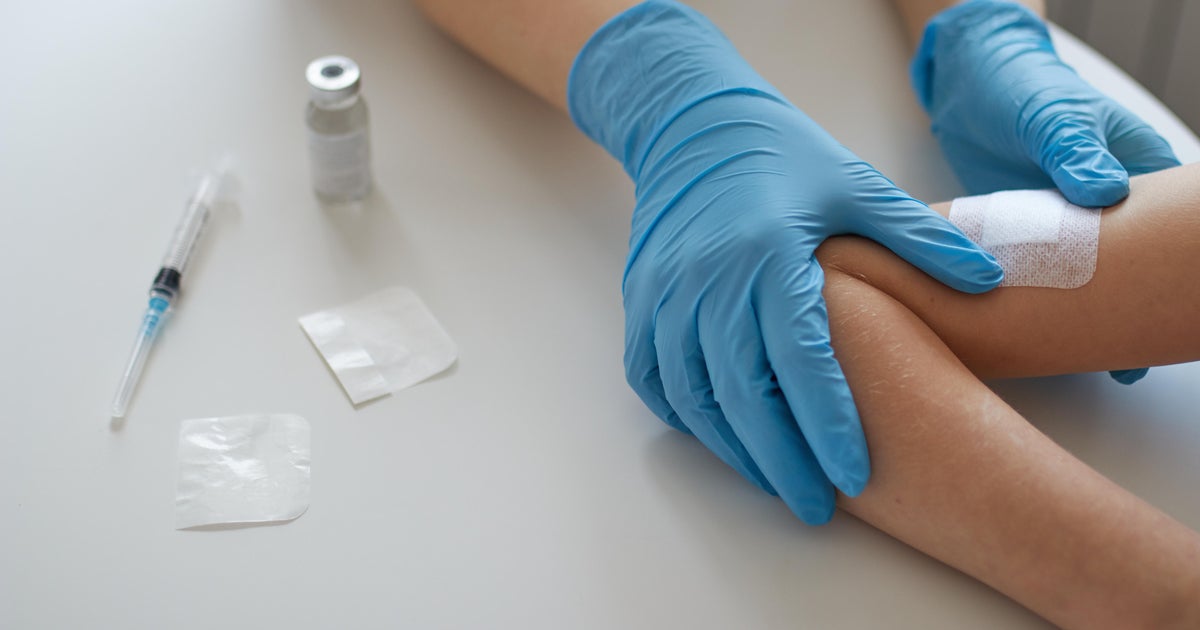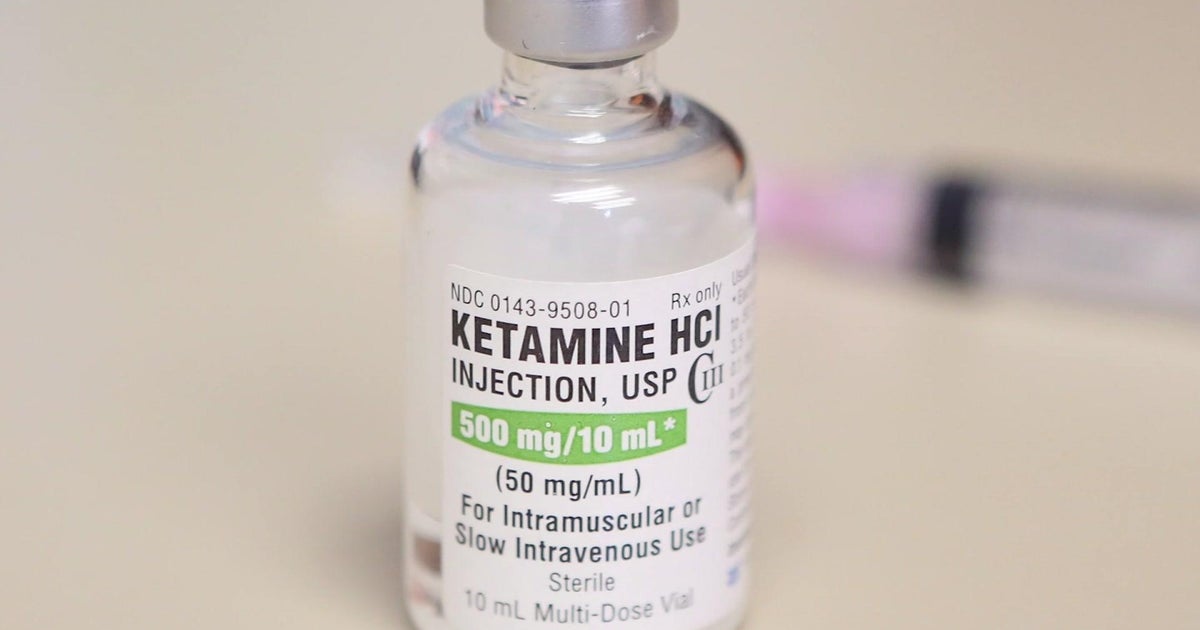World Health Organization makes "gaming disorder" a medical addiction
- "Gaming disorder" is now a medical diagnosis, according to the World Health Organization.
- To be diagnosed with the addicition, a person must show 12 months of "severe" symptoms, including prioritizing gaming over work, education and social relationships.
- About 167 million Americans played a video or mobile game last year, according to eMarketer.
Playing video games to excess is now a medical condition recognized as an addiction disorder by the World Health Organization. The WHO has updated its official diagnostic manual, to include "gaming disorder."
Importantly, the new diagnosis isn't just "gaming too much." According to the WHO definition, gaming becomes a disorder when it interferes with daily life. That's seen when a person loses control around gaming, prioritizes gaming over other interests and daily activities, and continues gaming despite negative effects on work, schooling, family life or social relationships.
In most cases, a person needs to show 12 months of symptoms to receive the diagnosis, according to WHO guidelines.
The diagnosis comes at a time of unprecedented clout for the gaming industry. Video and online games made nearly $44 billion in sales last year—more than movie theaters or streaming services. Some 167 million Americans played an electronic game in 2018, according to data from eMarketer, with the vast majority of them playing online. Gaming is increasingly taking the place of older social media platforms, cutting into time people spend on Facebook or Snapchat.
The video game industry has loudly opposed this classification since the WHO first proposed it in 2018. The Entertainment Software Association, which represents video game makers in the U.S., said that a gaming disorder designation "recklessly trivializes real mental health issues."
"The World Health Organization knows that common sense and objective research prove video games are not addictive," the ESA said.
But many mental-health professionals say that's not the case. Dr. Richard Graham, a technology addiction specialist at the Nightingale Hospital in London, told the BBC last year that he sees about 50 new cases of "digital addiction" annually. To determine whether someone has the disorder, he looks at whether their digital life is interfering with work, sleep, socializing or education, he told the BBC.
Gaming disorder "is not about [the number] of hours played. It's when gaming takes precedence over health, hygiene, relationships, finances, etc. Gaming itself is not a disorder," Dr. John Jiao, an emergency medical doctor, explained on Twitter. He called the new diagnosis "sorely needed."
"[O]therwise, people with real, legitimate video game addiction can often have trouble with insurance paying for their therapy, especially if they don't fit any other diagnosis," Dr. Jioa tweeted.
The American Psychiatric Association estimates that between 0.3% and 1% of the world's population suffers from gaming disorder, or upwards of 75 million people.





